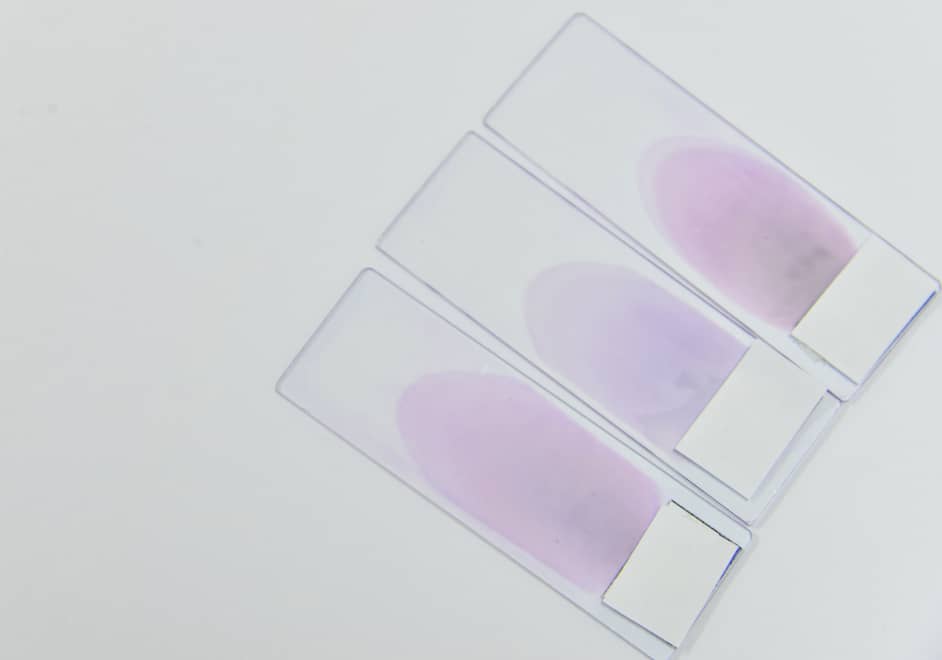



Folic acid supplementation, especially during the first month of pregnancy leads to a drastic reduction in neural tube defects.
A systematic review by de Regil found that across 5 studies involving 6708 births, folate or folic acid supplementation resulted in drastically lower rates of neural tube defects.1
Unfortunately, the benefits of folate or folic acid are most important during the first month of pregnancies. Often it takes a month or longer before learning that you are pregnant (50% of pregnancies are unplanned). As a result, the US Preventive Services Task Force recommends folic acid supplementation (400-800 mcg) for women who might bear a child, and supplementation should continue from 1 month prior to pregnancy through the 2nd or 3rd month of pregnancy.2

Drastic reduction in neural tube defects. Not enough information for other defects.
Source: De Regil, 2015 (1).
Source: US Preventive Services Task Force, 2018 (2).
Among people with non-cancerous tumors, there was a statistically significant increase in the odds of cancer.
Other reviews conflict on whether folic acid increases cancer. A review by Wien et al finds a statistically significant association with cancer. Another review by Vollset et al shows no increase in cancer.
Source: US Preventive Services Task Force, 2018 (2). Wien, 2012 (5). Vollset, 2013 (6).
Potential risk of cancer increase from over-supplementation of folic acid. Cancer is also associated with low levels of folate (4). See discussion under cancer Impact.
Source: US Preventive Services Task Force, 2018 (2). Field, 2018 (4). Wien, 2012 (5). Vollset, 2013 (6).
